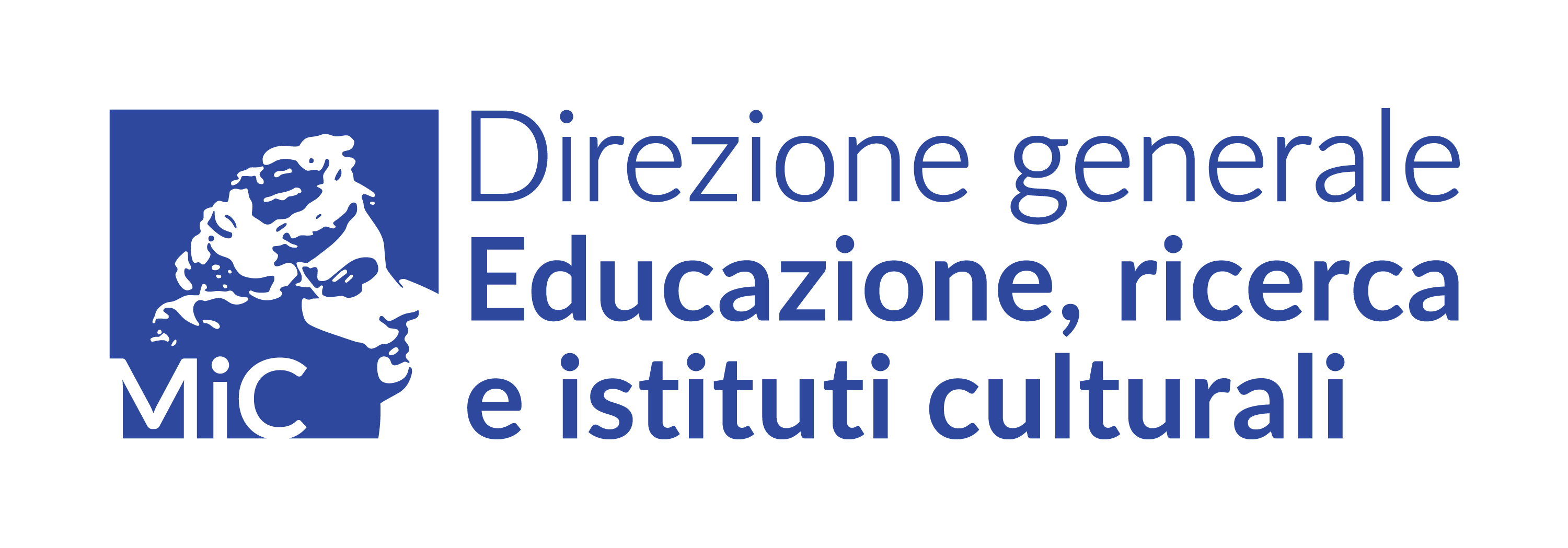The Enchanted Meaning | FBK-ISR Final Symposium

FBK Aula Grande
Fondazione Bruno Kessler - Polo delle Scienze Umane e sociali
Aula Grande
FBK Aula Grande
Fondazione Bruno Kessler - Polo delle Scienze Umane e sociali
Aula Grande
THE CONFERENCE
The dialectic between enchantment and disenchantment has long been a central theme in the history of theology and religious studies. From early theological reflections to modern academic inquiries, the tension between the mystical, awe-inspiring dimensions of religion and the rational, critical approaches of secularism has shaped the evolution of religious thought and practice. Enchantment evokes wonder, connection to the divine, and the sense of the numinous, while disenchantment, particularly as articulated in the modern era, challenges these elements through the forces of rationalization, secularism, and critique.
Throughout history, religious traditions have navigated this tension, reflecting broader shifts in societal values and epistemological paradigms. For centuries, enchantment played a key role in reinforcing communal religious experiences, fostering a shared sense of mystery and divine presence. However, with the advent of modernity, processes of disenchantment took hold, particularly in Western intellectual traditions, often reducing religion to a series of rational and moral codes, stripped of its mystical elements.
Sociologically, this dialectic has manifested in the cohesion of religious communities around enchanting rituals, while disenchantment has emerged in response to scientific advancements and the secularization of society. Psychologically, humans appear to be naturally predisposed to seek the extraordinary and the transcendent, yet the very cognitive mechanisms that lead us to faith can also give rise to doubt, skepticism, and eventual disenchantment.
In our contemporary era, however, this traditional narrative of enchantment versus disenchantment is being transformed by new technologies. The digital age, and particularly advances in artificial intelligence and virtual reality, introduces new forms of enchantment that blur the lines between the mystical and the technological. Technologies once seen as the ultimate tools of rationalization now provoke quasi-religious devotion and experiences of awe. Digital realms foster new forms of communal belief, where virtual spaces become sacred, and algorithms are imbued with near-magical significance.
At the same time, this symposium seeks to explore not only the technological dimensions of enchantment but also the broader, enduring phenomena of enchanted meaning in religious, cultural, and social contexts. We are particularly interested in understanding how meaning itself becomes enchanted—how it acquires an aura, a power that transcends mere representation and touches the divine or the supernatural.
PRELUDE
Cinema Modena Viale S. Francesco d’Assisi, 6 Trento
Dec. 15, 2024
20:30
Across by Irene DORIGOTTI (Italy, Switzerland / 2023 / 77’ / Documentary)
Evening overture at Cinema Modena, in collaboration with the Trento Film Festival and in the presence of the film director.
Irene grew up in the Italian Alps in a family that loved travel and the scout culture. Now, while in Turin because the Holy Shroud is on display, Irene begins a new path – to faith. Yet Irene is restless, with no answers to her questions – until reality changes into a poetic universe. After Mexico’s syncretism and clamor, Vietnam’s hustle and bustle, and the temples at Angkor Wat in Cambodia, Irene backs away from religion and embraces the sacred.
Reservations and purchase at the following link https://www.cineworldtrento.it, at 0461.261819, or at the Cinema box office daily from 4:30 pm.
SPEAKERS
Margherita ANSELMI | Tommaso BENCIOLINI | Cinzia BIANCHI | Marianna BOERO | Maria BORIO | Donata CHIRICO’ | Carlo CHIURCO | Paolo COSTA | Silvia CRISTOFORI | Marina DE PALO | Cristina DEMARIA | Valeria FABRETTI | Angelica FEDERICI | Vittoria FIORELLI | Sara FORTUNA | Lucia GALVAGNI | Paola GIACOMONI | Maria Chiara GIORDA | Accursio GRAFFEO | Sara HEJAZI | Massimo LEONE | Graziano LINGUA | Anna Maria LORUSSO | Angela MENGONI | Manuela MORETTI | Benedetta NICOLI | Silvia OMENETTO | Vincenzo PACE | Stefania PALMISANO | Tiziana PANGRAZI | Nicola Luciano PANNOFINO | Francesca PIAZZA | Boris RAEHME | Giovanna RECH | Tommaso ROPELATO | Marina ROSSI | Rebecca SABATINI | Maurizio SACQUEGNA Giuseppe TATEO | Italo TESTA | Debora TONELLI | Alice VENTURINI | Silvia VIZZARDELLI | GRUPPO VOCALE “BONPORTI”
PROGRAMME
Scientific coordination: Massimo Leone, Director FBK-ISR
Cycle of seminars: “(Dis-)Enchantment in Religion and Ethics“
The talk will be held in Italian/English.
The presentation will be in-person in the FBK Aula Grande.
 |
L’iniziativa è stata realizzata anche grazie al contributo della Direzione generale Educazione, ricerca e istituti culturali del Ministero della Cultura. |